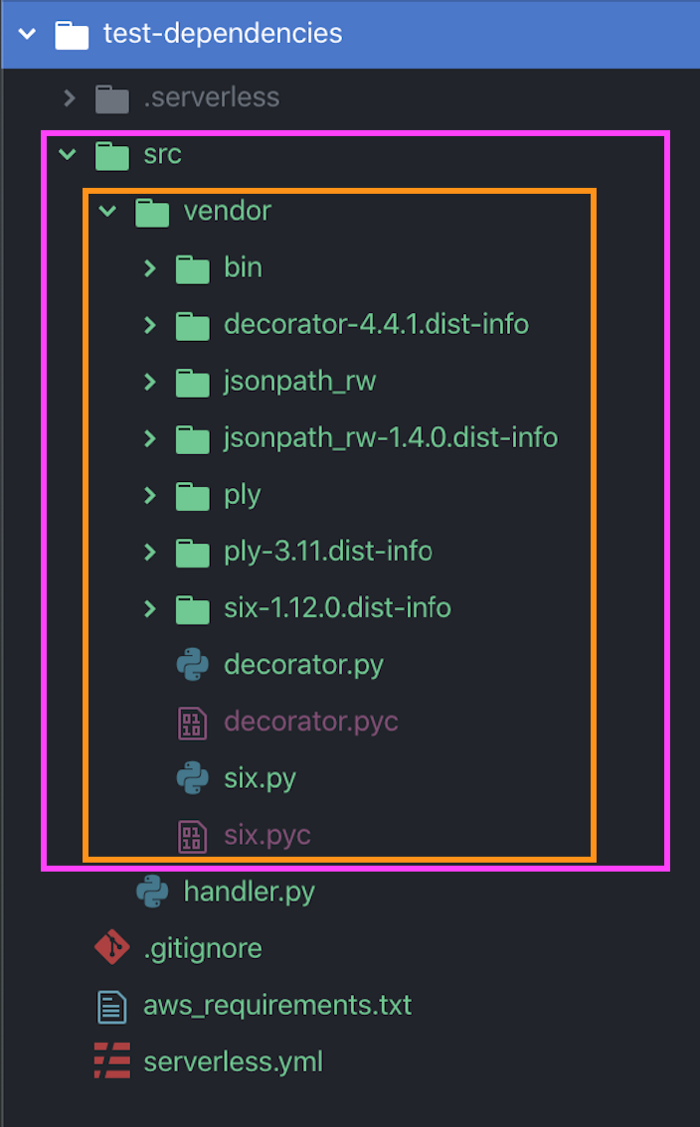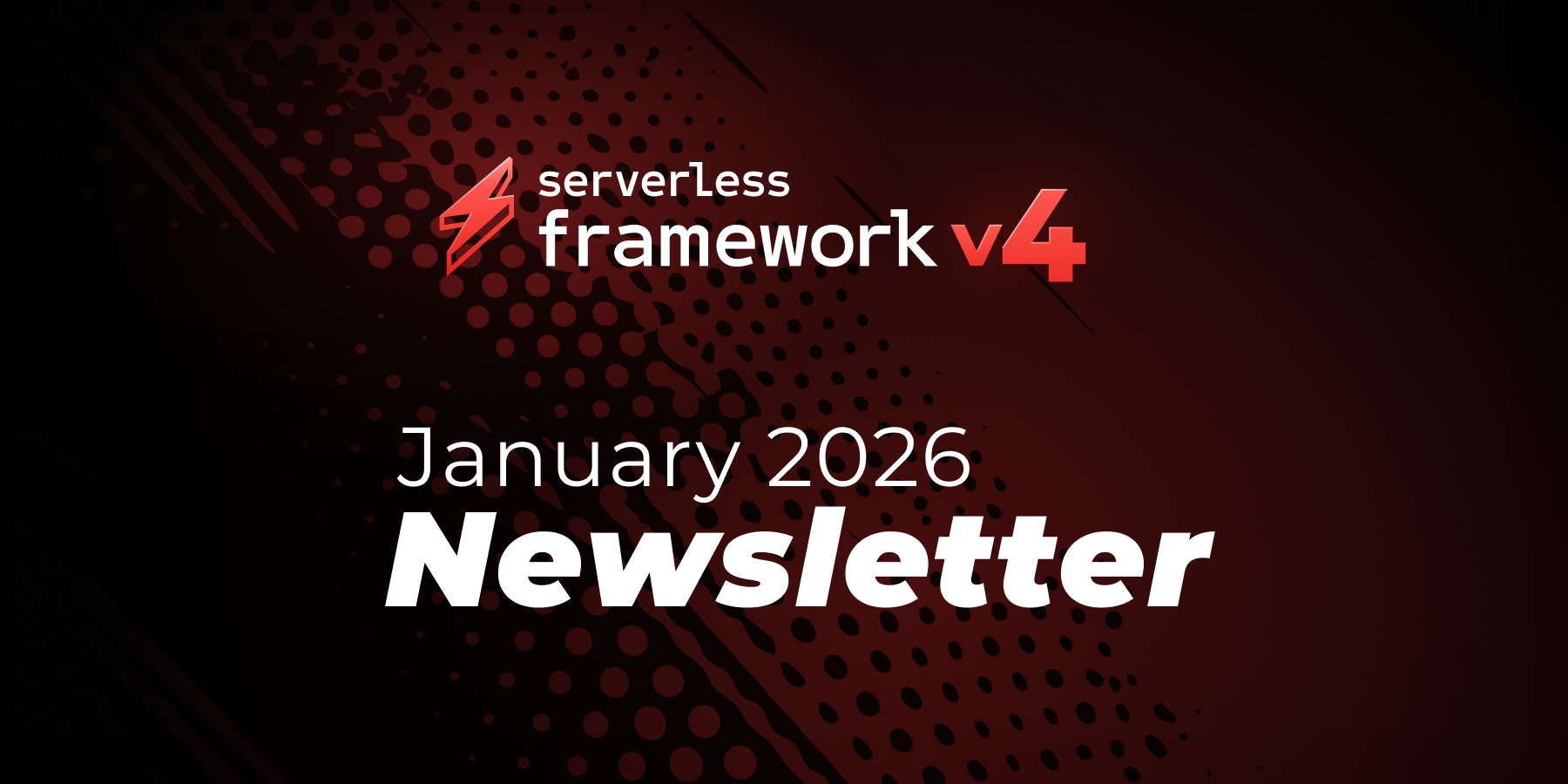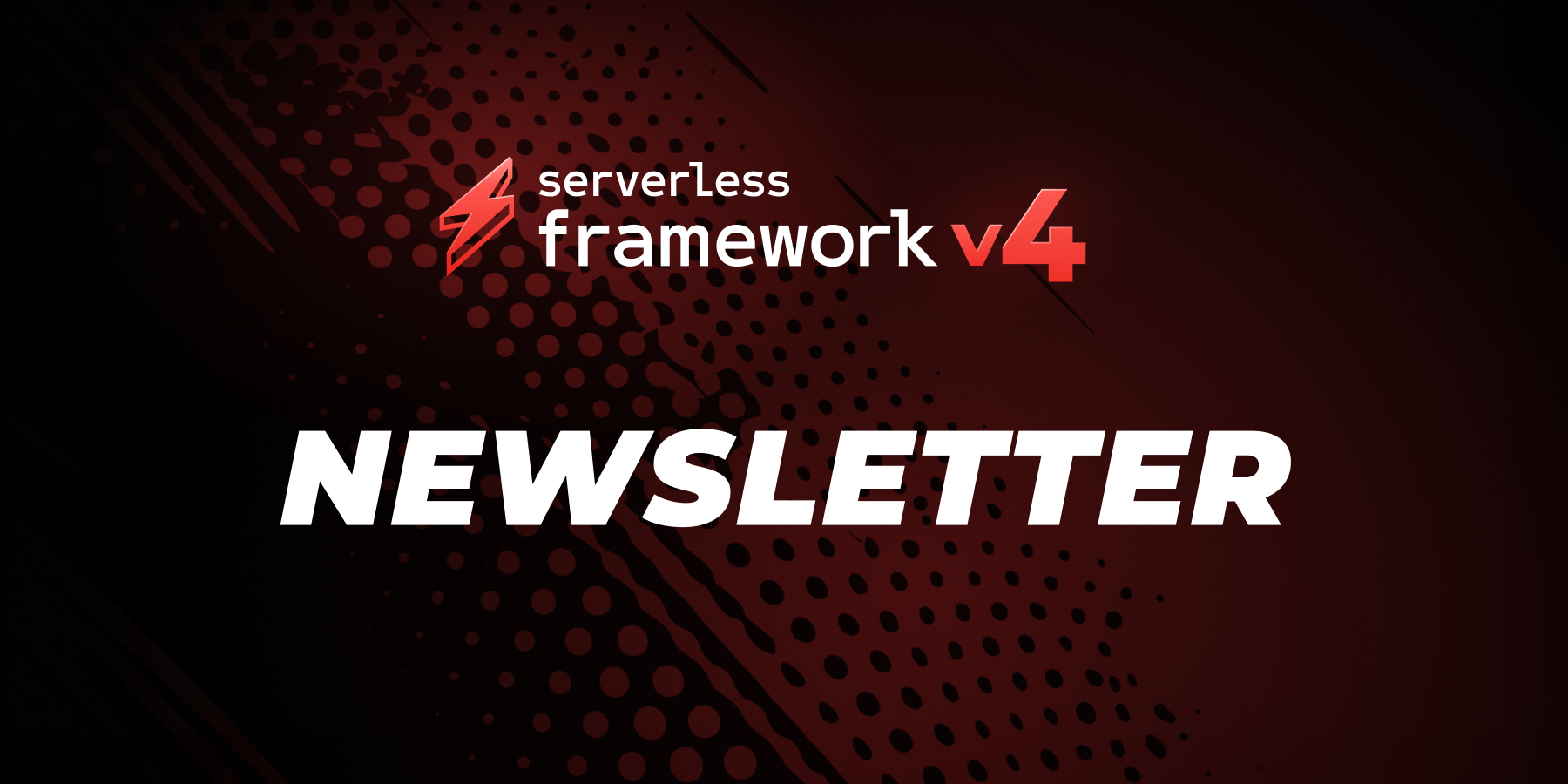.png)
Developing AWS Lambda functions with Python is awesome because this is a powerful programming language, but the tears start coming when we start dealing with dependencies.
In this article you will learn how to handle and win the battle against the Python dependencies when you deploy your Lambda functions to AWS using the Serverless Framework.
When we refer to “dependencies” we are talking about those libraries that are not available in the AWS Python Lambda runtime, for example “jsonpath_rw”
First of all we need to clarify that the methodology described in this article is not a “silver bullet” to manage dependencies (but an easy one). We recommend reading the following official dependencies management that can be useful.
- Severless Framework: https://serverless.com/blog/serverless-python-packaging/
- AWS: https://docs.aws.amazon.com/lambda/latest/dg/lambda-python-how-to-create-deployment-package.html
Remember that all the source code we use in this article will be available in github.
OK folks, let’s get down to code 💻
Let’s begin creating our sample project called “test-dependencies”
Now clean up the “serverless.yml” file to looks like the following
As shown above we will work with our simple test function called “hello” located inside the folder “src” where our python code will be grouped.
And the code of the “src/handler.py” function will be the following
Time to deploy 🚀
and test our function ⚡️
This will be the output

It’s time to start breaking 💣 things and add some libraries to our python code. In the “src/handler.py” lets import “jsonpath_rw”
And deploy again 🚀
and test the function again ⚡️
Now we got an error (expected behavior ) indicating that the library could not be imported 😱

Don’t worry, here comes the fun. We will use an interesting feature of the “pip” package manager for Python.
Create a file called “aws_requirements.txt” with the following content
jsonpath_rw==1.4.0
NOTE: use the version of the library you need for your project.
and Execute this magic pip command:
This will create a beautiful “vendor” folder inside “src” with dependencies within it.

And deploy again 🚀
and test the function again ⚡️
This would be the output

🎉 Amazing 🎉 we did it, we executed a Lambda function in AWS with dependencies nice and easy.
Conclusions
Using the pip command with the -t flag allowed us to download dependencies (indicated in the file “aws_requirements.txt”) and encapsulated them into the “src/vendor” folder.
Inside our Python code we need to expand the execution context of our function to allow us to import the library “jsonpath_rw” with
This methodology is easy to understand and pretty straightforward to implement.


